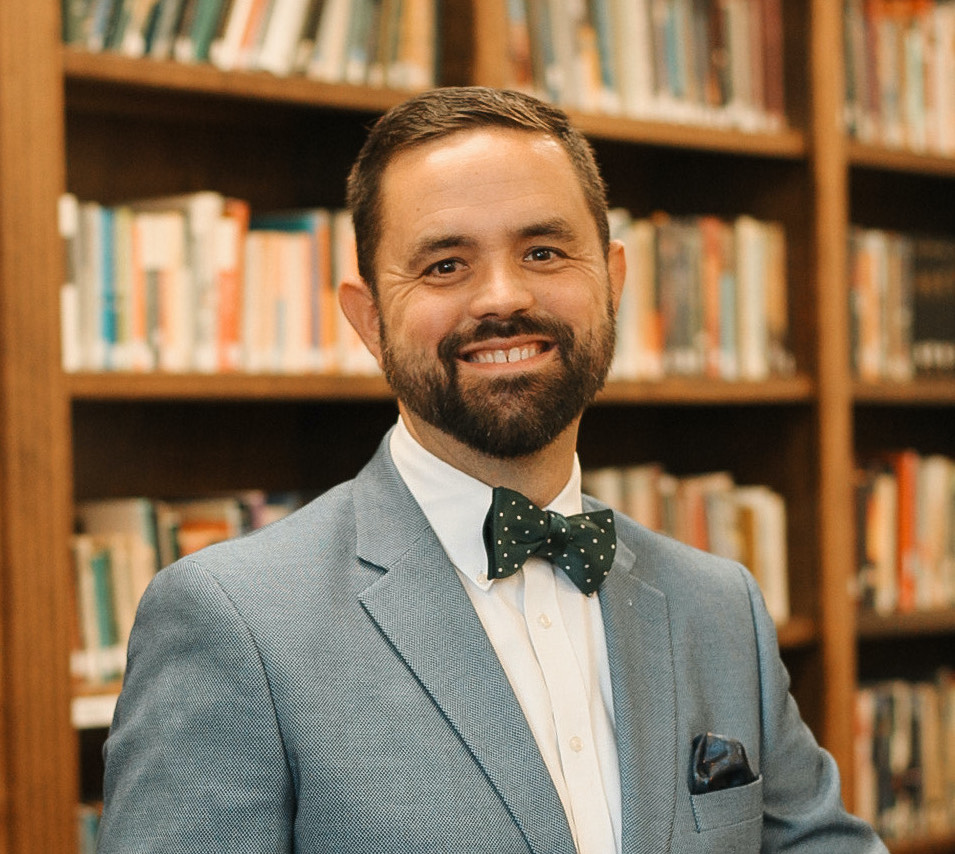Whether as a component of a feast day or in preparation for the Winter Ball, training in formal dancing is an important facet of a Trinitas education. This is because “Education is not merely an intellectual affair, no matter how intellect-centered it must be, because human beings are not merely minds. As creatures made in God’s image, we are composite beings—unions of soul and body.”[1] Thus Trinitas students are taught reading, writing, and dancing so that they can glorify God with their minds and also with their bodies by becoming socially graceful.
The history of dancing is inextricably intertwined with the long story of western civilization going back to ancient times when Greek dramas included choruses that engaged with the plot through song and motion. Later cultures included dancing as a way for training for war, celebrating marriages, or reinforcing social and familial bonds. Each of these types of dancing was predicated on togetherness. Likewise at Trinitas, dancing is intended to bring us into community with others rather than highlight the individual.
This distinction stands in contrast to what passes as dancing in modern settings such as nightclubs or their strikingly similar counterpart, high school proms. Recently deceased English philosopher and cultural critic, Sir Roger Scruton helpfully clarified this distinction in his essay entitled Dancing Properly [2] stating,
“They are dancing at each other. The difference between ‘at’ and ‘with’ is one of the deepest psychological differences we know. It is exemplified in all our encounters with other people – notably in conversation and in sexual gambits … The decay of manners that we have seen in recent times is to a large extent a result of the loss of withness and the rise of atness in its stead. Rudeness, obscenity, the ‘in your face’ manners of the new TV presenter – all these are ways of being ‘at’ other people. Courtesy, manners, negotiation and deference are, by contrast, ways of being with.”
Whether Trinitas 3rd graders square dancing at Prairie Day or sophomores learning to waltz, both are being trained in the fine art of withness that Scruton has identified. They are being equipped to be in community. They are learning appropriate love of neighbor.
Scruton goes on to identify four general principles of formal dancing in his essay The Lost Love of Learning. Though summarized here because they aligned with how dancing is taught in Trinitas, you would do well to read his essay in its entirety.
- Formal dancing is often accompanied by live music (as opposed to computer-created, techno-styled electronic music).
- Formal dancing involves formal steps which must be learned in order that people can move together in a coordinated way.
- Formal dancing involves definite partnerships or groups.
- Formal dancing involves patterns, formations, rounds, ways of creating an ordered motion greater than the motion of the parts.
- Formal dancing may, and usually does, have a conclusion: there is a point at which all the rounds have been performed, all the partners changed, or all the permutations gone through.
Given his description of how dancing should be, it seems that Sir Scruton would have found himself right at home in the Trinitas Grand Hall during the dance lessons that mark the second quarter of the academic calendar.
Coming Soon! An invitation to all Trinitas parents to attend afternoon student dance classes as well as parent-only lessons in the evening on select dates in the fall. Won’t you join us?
[1] Clark and Jain, The Liberal Arts Tradition, 3rd Edition (Classical Academic Press, 2021), 29.
[2] Sir Roger Scruton, Confessions of a Heretic, (Notting Hill Press, 2021).



